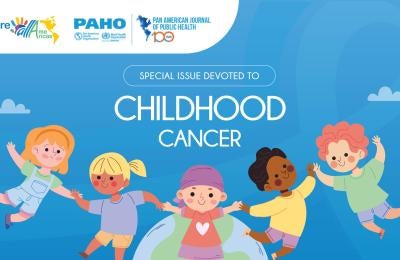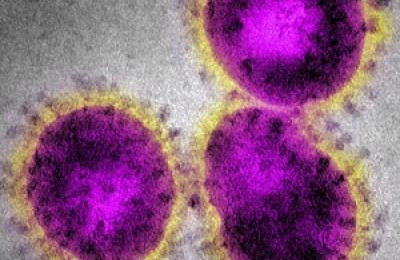Is the Decade of Action on Nutrition (2016-2025) leaving a footprint? Taking stock and looking ahead
[Extract] Thanks to the strong leadership of Brazil, among others, the United Nations (UN) Decade of Action on Nutrition (“Nutrition Decade”) was proclaimed in 2016 by the UN General Assembly. (1) The Nutrition Decade reaches its mid-term in 2020. The time has come to review the progress made so far in the six action areas of the Nutrition Decade’s Work Programme and identify areas in need of accelerated action and priority investment during the remaining period until 2025.














